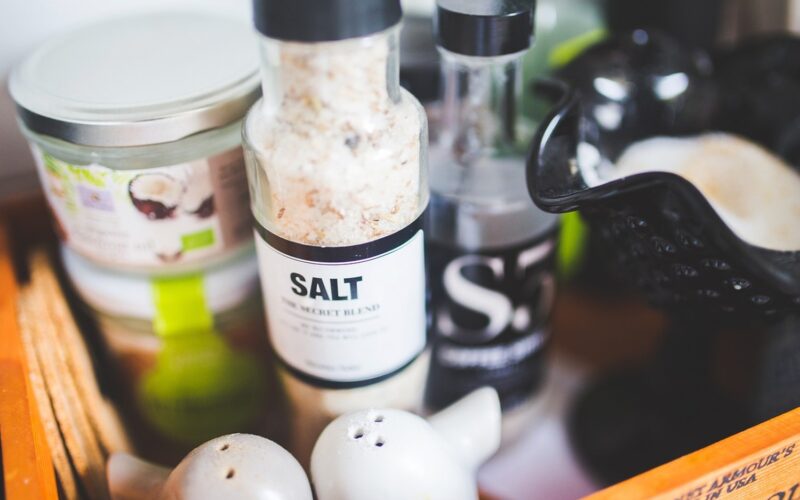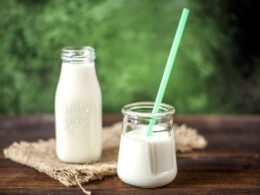What is your daily sodium and potassium intake? A study has revealed that a reduction in sodium consumption and an increase in potassium intake are correlated with a decreased risk of cardiovascular ailments.
Boston, MA (Business Northeast) – Have you exceeded your daily sodium allowance? The World Health Organization (WHO) advocates for adults to keep their daily sodium intake below 2000 mg. However, a significant majority of individuals exceed this recommended threshold. On the other hand, many people do not get enough potassium. Research has indicated that a diet with reduced sodium and increased potassium content may represent a healthier dietary choice. This research was published in the New England Journal of Medicine (NEJM).
In order to assess the intake of sodium and potassium, the research team measured the sodium content of subjects through a 24-hour urine sample. They conducted an average 9-year follow-up study of more than 10,000 subjects to analyze sodium and potassium-related data, as well as the incidence of diseases such as heart disease and stroke.
The research team identified 571 cardiovascular events during the follow-up period and found that higher sodium intake was significantly associated with cardiovascular disease. Researchers pointed out that for every 1000 mg increase in sodium excretion, the risk of cardiovascular disease will increase by 18%, and for every 1000 mg increase in potassium excretion, the risk will be reduced by 18%.
“Sodium” is one of the nutrients needed by the human body, but excessive sodium intake can harm your health. The WHO has pointed out that sodium intake is directly related to blood pressure, and excessive sodium intake can cause high blood pressure. The World Cancer Research Fund (WCRF) also pointed out that salt and salted foods may increase the risk of stomach cancer.
In 2014, a study published in NEJM found that daily sodium intake exceeded the recommended standard for adults in 181 countries (about 99.2% of the adult population in the world). In addition, 1.65 million people died of cardiovascular disease due to excessive sodium intake in 2010.
For another example, China is one of the countries with the highest salt intake globally, and almost 30% of fatal strokes in those younger than 70 years are attributable to high consumption of sodium. The research was published in British Medical Journal (BMJ) in 2020.
Potassium is an essential mineral nutrient for the human body. It helps maintain electrolyte balance, helps the body excrete sodium, and helps nerve and muscle cells function. Potassium is essential for various physiological functions, and its deficiency may lead to muscle weakness, irregular heart rhythms, high blood pressure, digestive issues, fatigue, and weakness.
The WHO recommends that the daily potassium intake for adults is 3510mg. What foods should we eat to get potassium? Good sources of potassium include red meat, chicken, salmon, cod, sardines, soy products, and some fruits. Vegetarians can eat raisins, passion fruit, avocado, banana, or kiwi to supplement potassium.
While sodium and potassium are vital nutrients for the human body, it is imperative to consume them in moderation. This is especially crucial for individuals with chronic illnesses or kidney conditions, as their metabolic functions are compromised, requiring heightened vigilance towards sodium and potassium intake. Building healthy dietary habits, adhering to daily routines, and undergoing regular medical check-ups can contribute to overall improved health.










